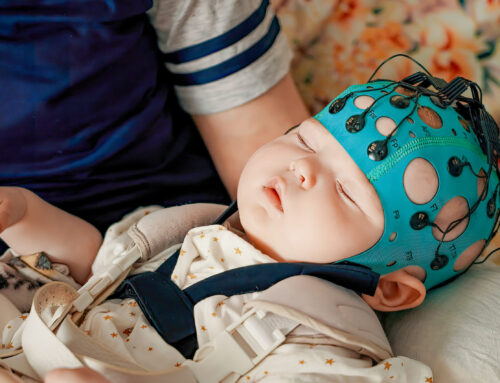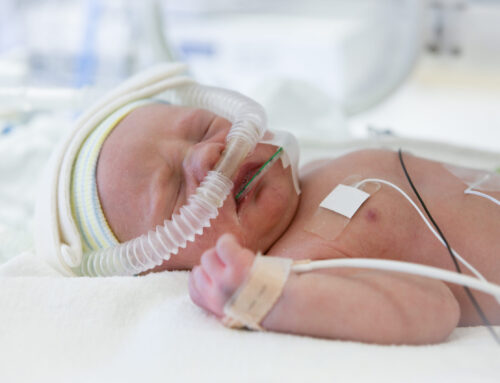At Sunshine Pediatric Day Centers, We’re Here to Shed Light on Your Child’s Health
Hello there, dear parents and caregivers! At Sunshine Pediatric Day Centers, we understand that your child’s health and well-being are of utmost importance. Today, we want to shed light on a common concern that many parents face: GERD and esophagitis in children. We’re here to guide you through understanding the diagnosis, symptoms, and treatment options for these conditions, ensuring your little one receives the care they deserve.
What is GERD?
Gastroesophageal Reflux Disease, commonly known as GERD, is a condition that occurs when stomach acid flows back into the esophagus. In children, GERD can be a cause for concern, as their developing digestive systems may not handle acid reflux as effectively as adults. GERD can lead to discomfort, pain, and in severe cases, damage to the esophagus.
Spotting the Symptoms
As parents, it’s important to be vigilant about any signs that your child might be experiencing GERD. Common symptoms can include:
-
Frequent Spitting Up: While spit-up is normal for infants, excessive spitting up or vomiting could be a sign of GERD.
-
Irritability: If your child seems fussy or irritable during or after feeding, it could be due to discomfort caused by acid reflux.
-
Poor Weight Gain: Children with GERD might struggle with gaining weight at a healthy rate, as the constant regurgitation of food can affect their nutrition intake.
-
Coughing and Wheezing: Chronic coughing or wheezing, especially at night, can be indicative of GERD-related respiratory issues.
-
Pain or Discomfort: Older children may complain of heartburn, chest pain, or a sour taste in their mouth.
Understanding Esophagitis
Esophagitis refers to inflammation or irritation of the esophagus, often caused by repeated exposure to stomach acid due to GERD. This condition can exacerbate the discomfort your child feels and may require prompt medical attention.
Diagnosis and Treatment
If you suspect your child may have GERD or esophagitis, it’s essential to consult a pediatrician or a pediatric gastroenterologist. They will conduct a thorough evaluation, which may include:
-
Medical History: Your child’s doctor will ask about symptoms, feeding habits, and overall health.
-
Physical Examination: A physical exam can help rule out other potential causes of your child’s symptoms.
-
Diagnostic Tests: These might include pH monitoring (measuring acid levels in the esophagus), endoscopy (using a tiny camera to examine the esophagus), and other tests as needed.





